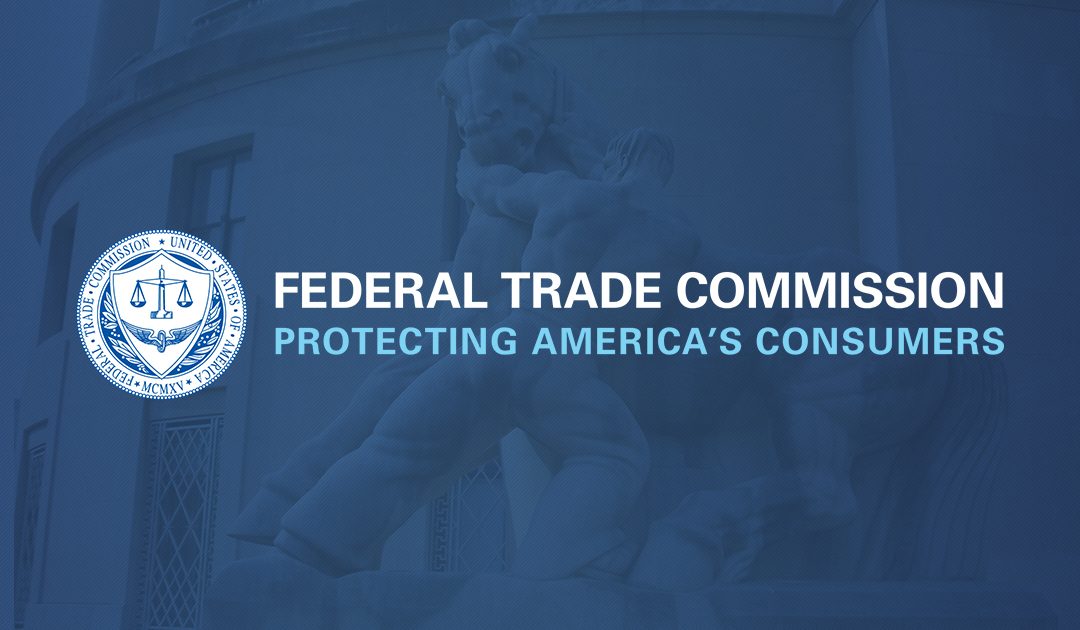Ivanti Updates Log4j Advisory with Security Updates for Multiple Products
This article is contributed. See the original author and article here.
This article is contributed. See the original author and article here.

This article was originally posted by the FTC. See the original article here.

If you’ve been looking for a COVID-19 test, you probably know that they are in short supply. Unfortunately, scammers love to “help” with shortages. They’ve created fake and unauthorized at-home testing kits, and they’re still at it with fake COVID-19 testing sites.
These fake sites can be hard to spot. They look real, with legitimate-looking signs, tents, hazmat suits, and realistic-looking tests. And the damage these fake testing sites can cause is very real.
We’ve heard reports of these sites claiming to have ‘free tests’ — but then you’re later billed — and sometimes never receive the test that was promised. Fake sites are taking people’s personal information, including Social Security numbers, credit card information, and other health information — which can be used for identity theft or to run up your credit card bill.
Worst of all, they’re not giving people the help they need to stay healthy.
Here are a few things to keep in mind when looking into testing sites.
Think you already went to a fake site? If you shared your credit card information, plan to dispute the charge.
Spotted a fake COVID-19 testing site? Tell your local police or sheriff’s office. And then tell us at ReportFraud.ftc.gov.
Brought to you by Dr. Ware, Microsoft Office 365 Silver Partner, Charleston SC.
This article is contributed. See the original author and article here.
Juniper Networks has released security updates to address vulnerabilities affecting multiple products. An attacker could exploit some of these vulnerabilities to take control of an affected system.
CISA encourages users and administrators to review the Juniper Networks security advisories page and apply the necessary updates.
This article is contributed. See the original author and article here.
Citrix has released security updates to address vulnerabilities in Hypervisor. An attacker could exploit these vulnerabilities to take control of an affected system.
CISA encourages users and administrators to review Citrix Security Update CTX335432 and apply the necessary updates.
This article is contributed. See the original author and article here.
Apple has released security updates to address a vulnerability affecting iOS 15.2.1 and iPadOS 15.2.1. An attacker could exploit this vulnerability to cause a denial-of-service condition.
CISA encourages users and administrators to review the Apple security page for iOS 15.2.1 and iPadOS 15.2.1 and apply the necessary updates.
Recent Comments